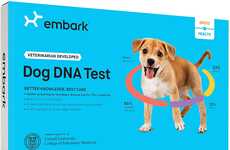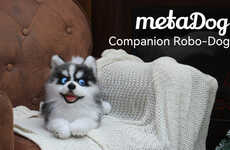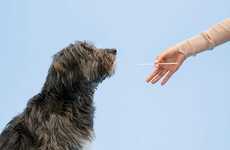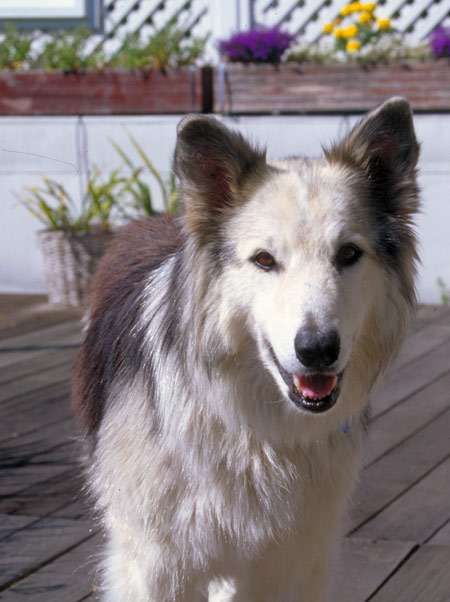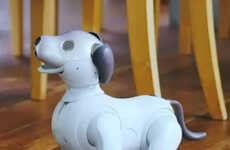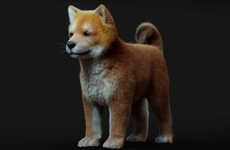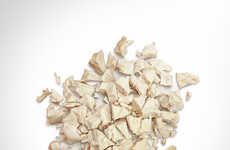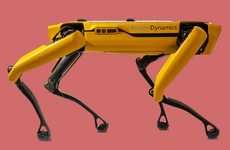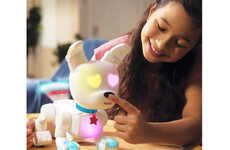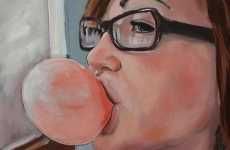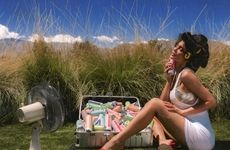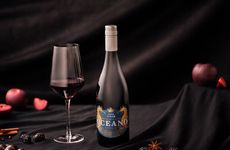
Best Friends Again Program
References: bioarts & sciencenow.sciencemag.org
We've told you about luxury pet cloning services in Asia, but now a California based biotech startup, BioArts International, has launched the Best Friends Again Program, a commercial dog cloning program. They received their worldwide license with exclusive rights to commercialise dog and cat cloning using the same technique used to produce Dolly, the first cloned sheep.
Five cloning slots are to be auctioned off for interested pet owners. Starting bids range from $100,000- $180,000, which is not cheap, but for some, price is no obstacle if they can get their beloved pets back in some form. The company is apparently collaborating with the South Korean cloning team lead by the disgraced senior scientist, Hwang Woo-Suk. According to BioArts International, the Korean team, with better technology, have improved the dog cloning success rate since the very first dog clone, Snuppy, was produced in 2005.
There is concern among the scientific community because animal clones are flawed. Dolly the sheep had numerous health problems and died young. The US Humane Society is also concerned about animal suffering. Even if the clones were perfect and no animal suffered any illnesses, clones are exactly that - carbon copies of a dear pet. They will look identical but the clones will not have the personality traits of the original which so endeared them to their owners.
Here's more on cloning:
Five cloning slots are to be auctioned off for interested pet owners. Starting bids range from $100,000- $180,000, which is not cheap, but for some, price is no obstacle if they can get their beloved pets back in some form. The company is apparently collaborating with the South Korean cloning team lead by the disgraced senior scientist, Hwang Woo-Suk. According to BioArts International, the Korean team, with better technology, have improved the dog cloning success rate since the very first dog clone, Snuppy, was produced in 2005.
There is concern among the scientific community because animal clones are flawed. Dolly the sheep had numerous health problems and died young. The US Humane Society is also concerned about animal suffering. Even if the clones were perfect and no animal suffered any illnesses, clones are exactly that - carbon copies of a dear pet. They will look identical but the clones will not have the personality traits of the original which so endeared them to their owners.
Here's more on cloning:
Trend Themes
1. Commercial Pet Cloning - The Best Friends Again Program by BioArts International presents an opportunity for commercializing pet cloning services.
2. High Starting Bids - The auctioning of pet cloning slots with starting bids ranging from $100,000-$180,000 reveals a potential high-end luxury market for pet-related services.
3. Improved Cloning Technology - Collaboration with the South Korean cloning team suggests the potential for advancements in dog cloning success rates and technique.
Industry Implications
1. Biotech - The development of commercial dog cloning programs like the Best Friends Again Program by BioArts International showcases innovation and disruption in the biotech industry.
2. Pet Services - The emergence of high-priced pet cloning options highlights a disruptive opportunity within the pet services industry, specifically targeting affluent pet owners.
3. Animal Welfare - The concerns raised by the scientific community and organizations like the US Humane Society present opportunities for innovation in improving animal welfare and ethical practices in cloning.
1.8
Score
Popularity
Activity
Freshness



